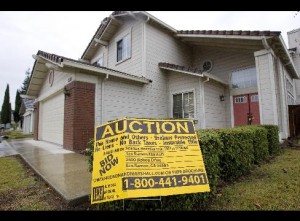Related articles:
– Governor Schwarzenegger Backed Immoral Sex Pheromone Spraying Continues…
– Plan To Spray Toxic Biological Chemicals Over San Francisco Announced
Note to the government: When you unilaterally send aircraft to spray unfamiliar chemicals over residential areas, the public will get very worried.
Environmental activists will pick through mounds of official documents in an attempt to make sense of what you are doing: Will it affect our health?
Since material safety data sheets can make even the most benign molecules sound terrifically dangerous, vigilant citizens will express their concern about rather innocuous substances — damaging their credibility with the scientists who should listen to their objections — and making it hard to sort out any real threats. In some cases, the wording of those documents is so alarming that it could give activists reason to believe that the spraying is part of a mind control program.
Excerpt from LBAMspray.com:
Check this MSDS from Dupont one of the 3 ingredients listed includes “1,2-BENZISOTHIAZOLIN-3-ONE” which is in LBAM-F. See Page 2 under “Potential Health Effects” “SIGNS AND SYMPTOMS EFFECTS OF ACUTE OVEREXPOSURE: High oral doses can cause apathy (lack of feeling or emotion).”
Even if you have the best intentions, to eradicate a tiny moth that could destroy dozens of fruit crops, be prepared to explain your plans, and seek the approval of the public, before getting started with such a controversial program.
Example
Read moreShould Government Aircraft Spray Chemicals on Residential Areas?




